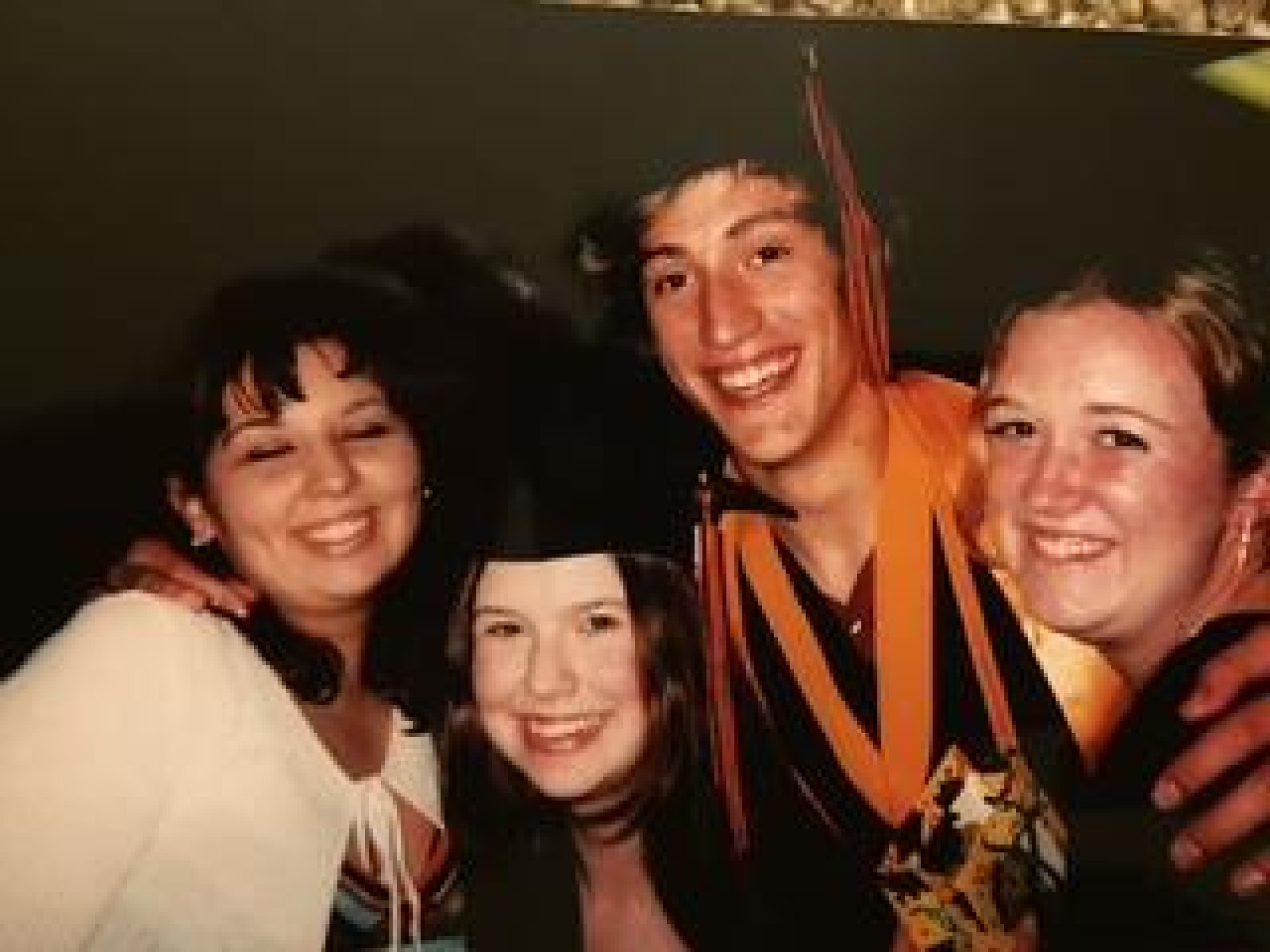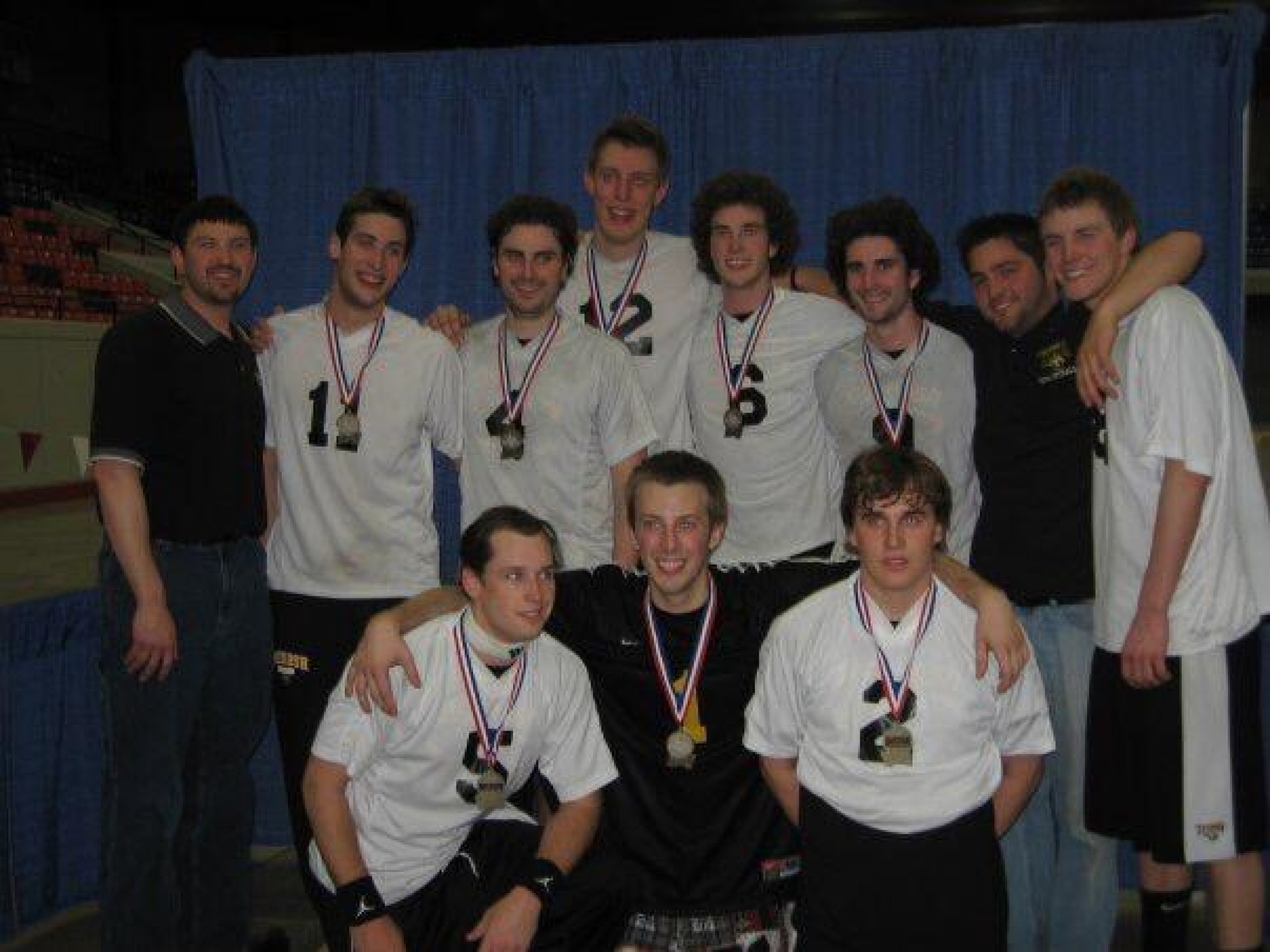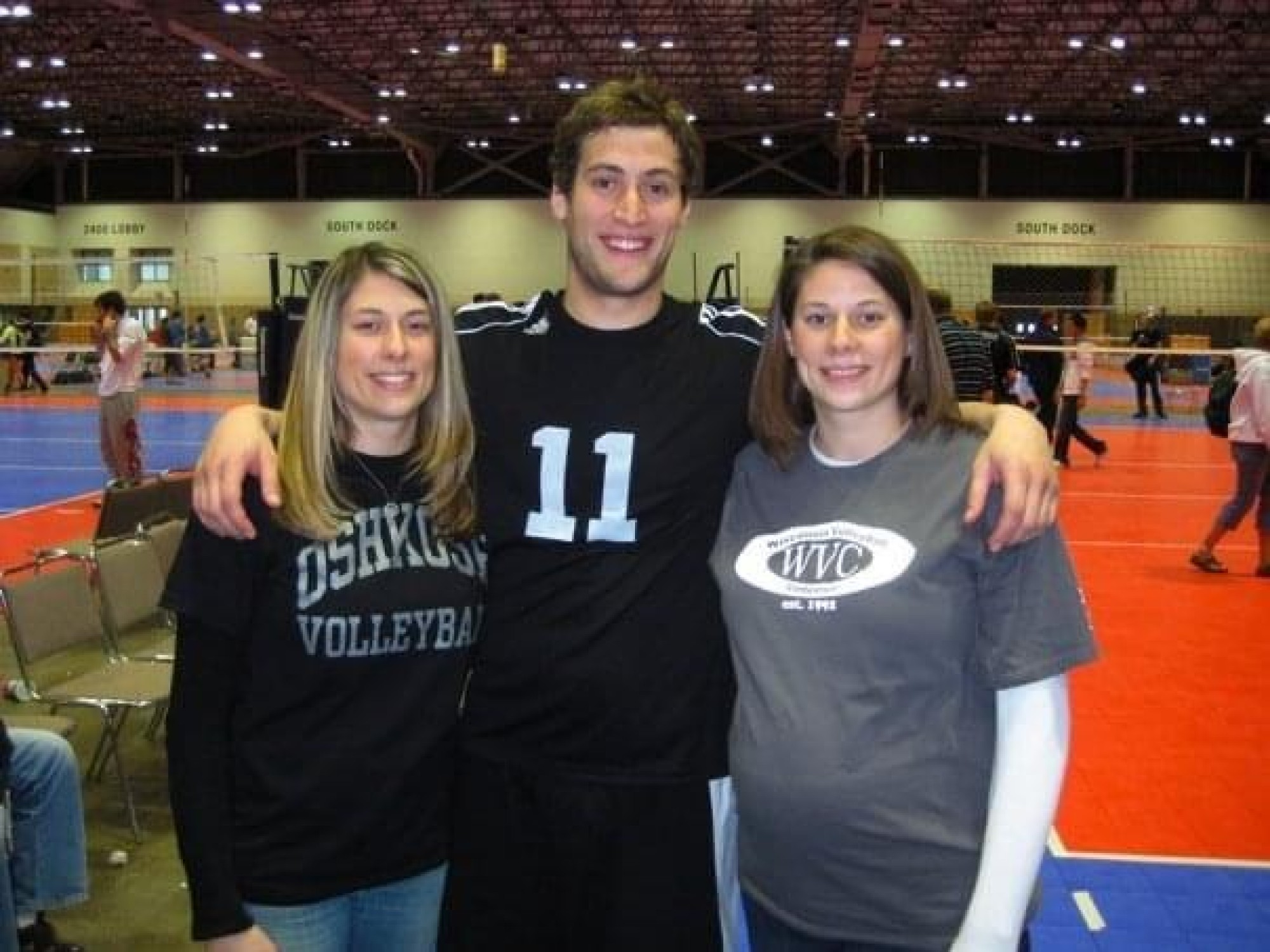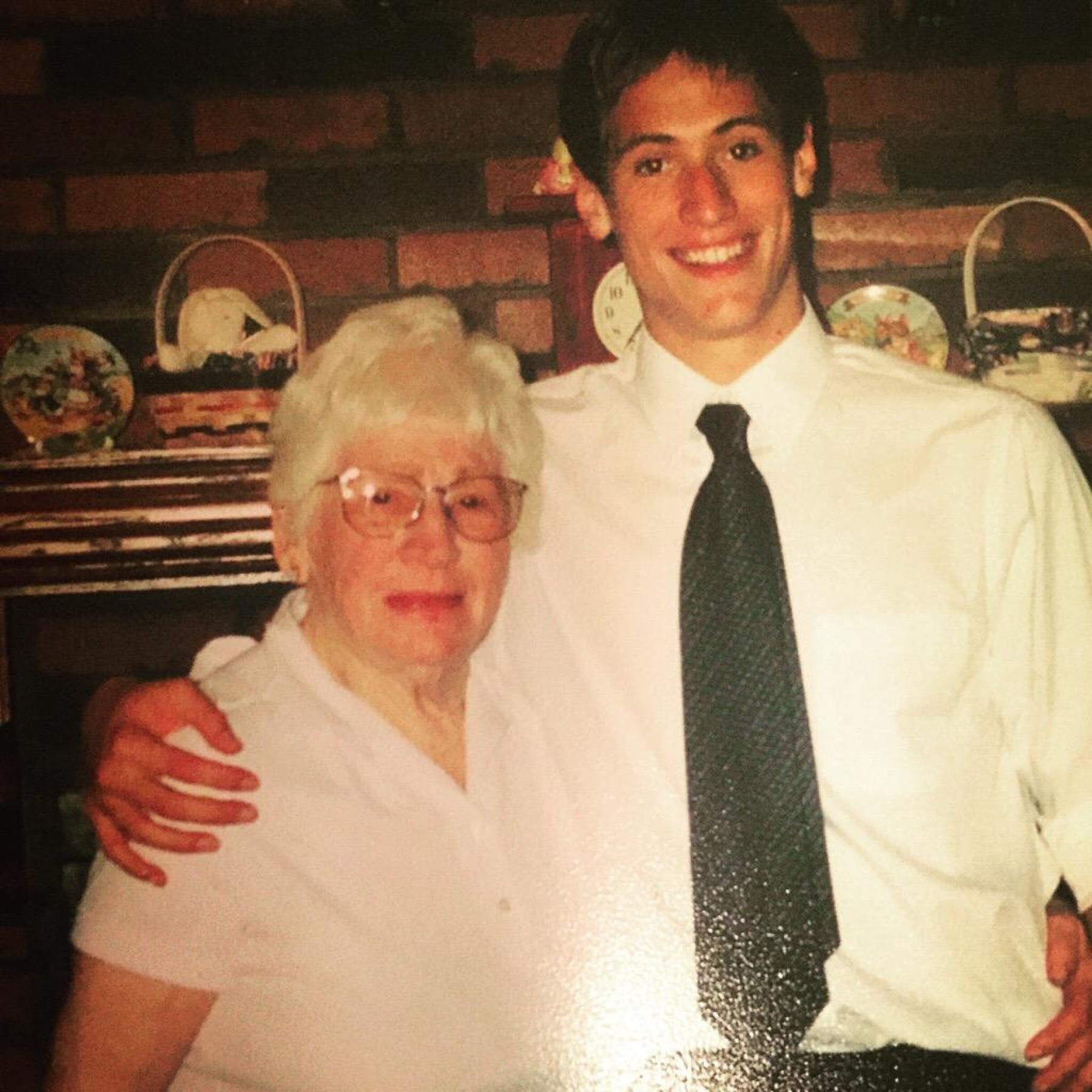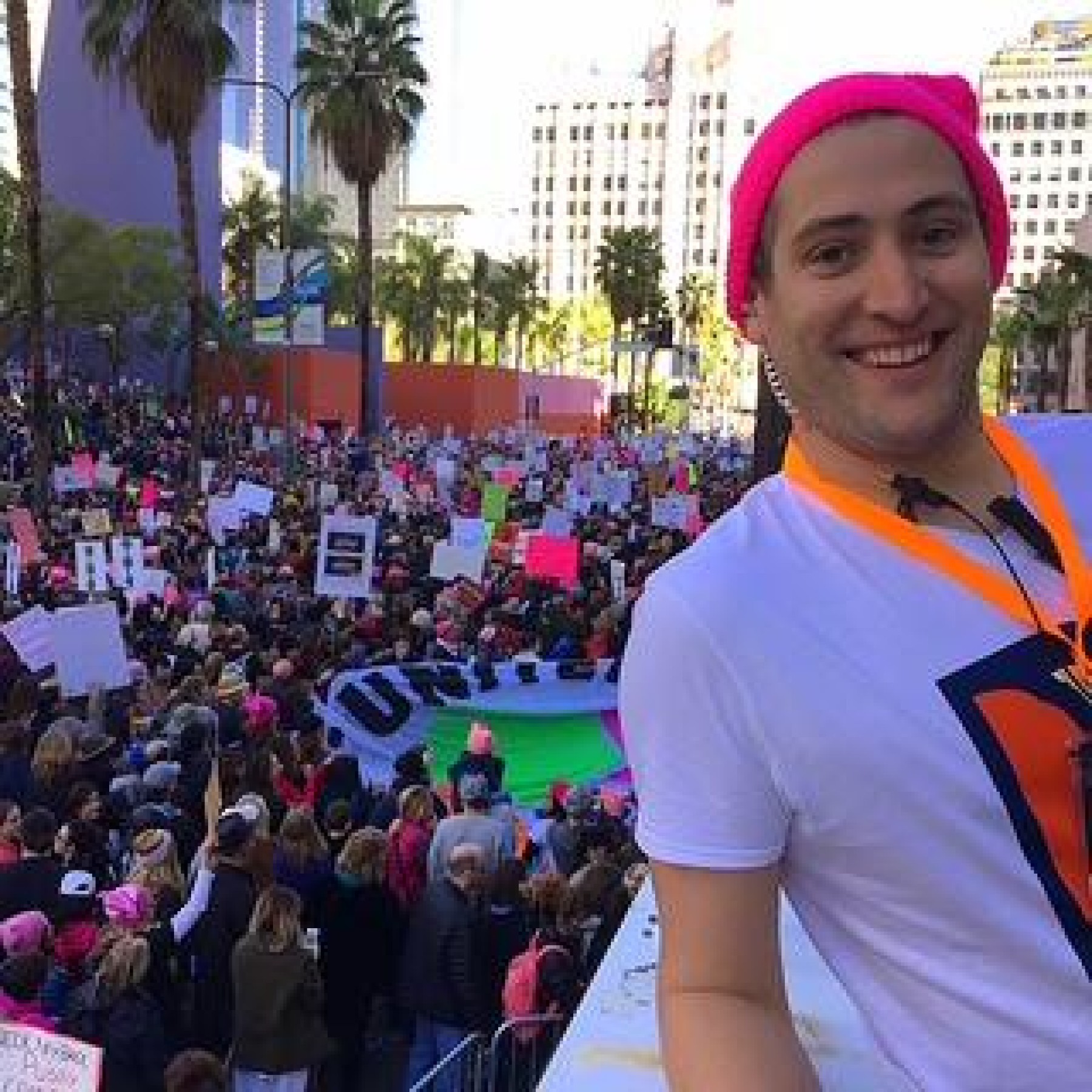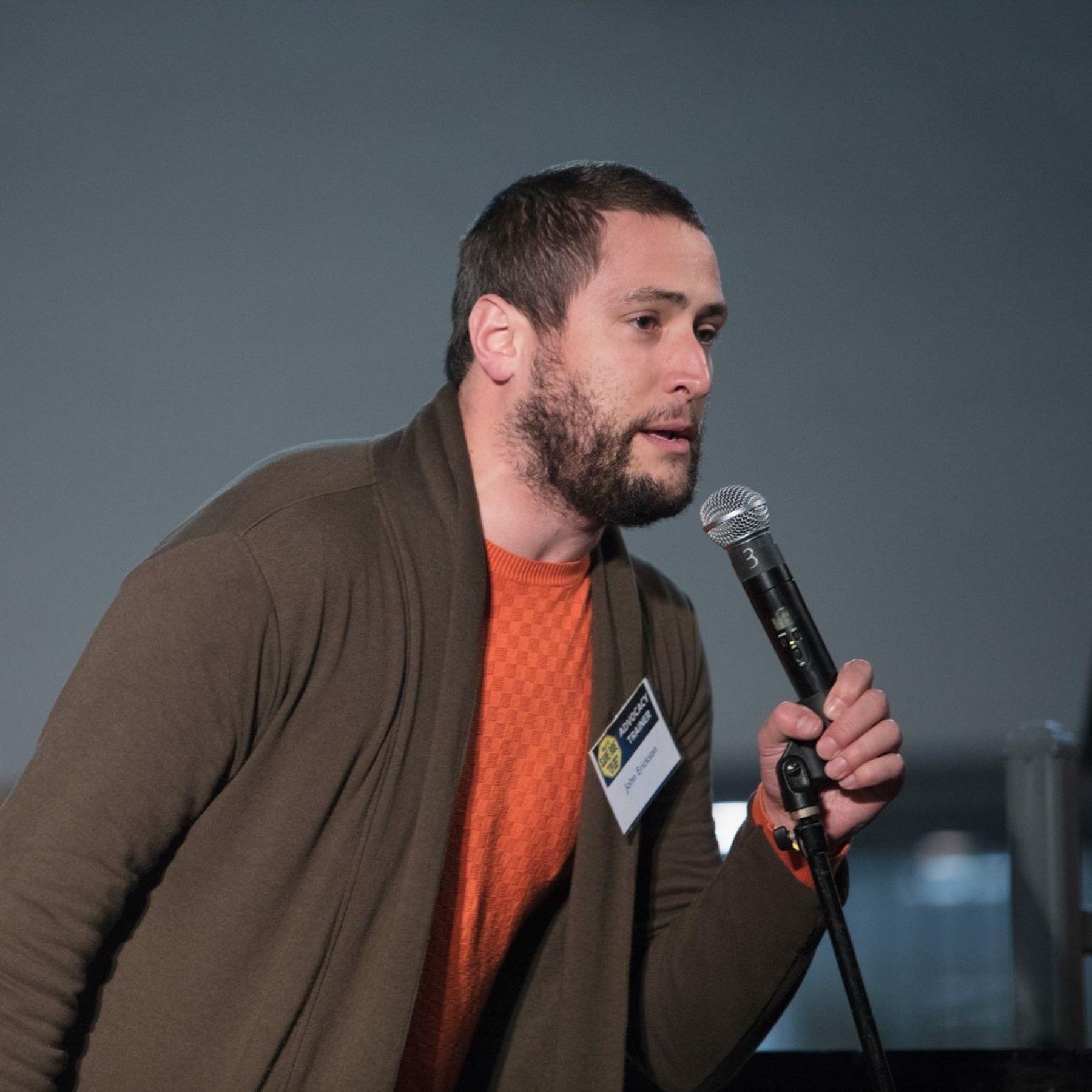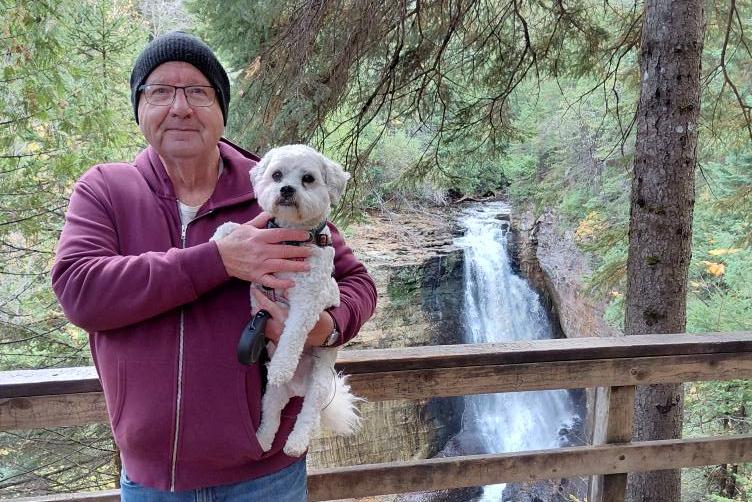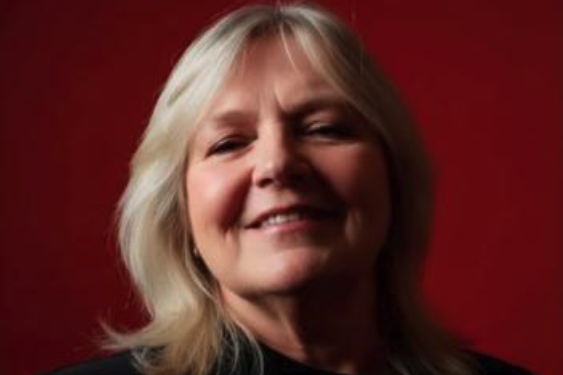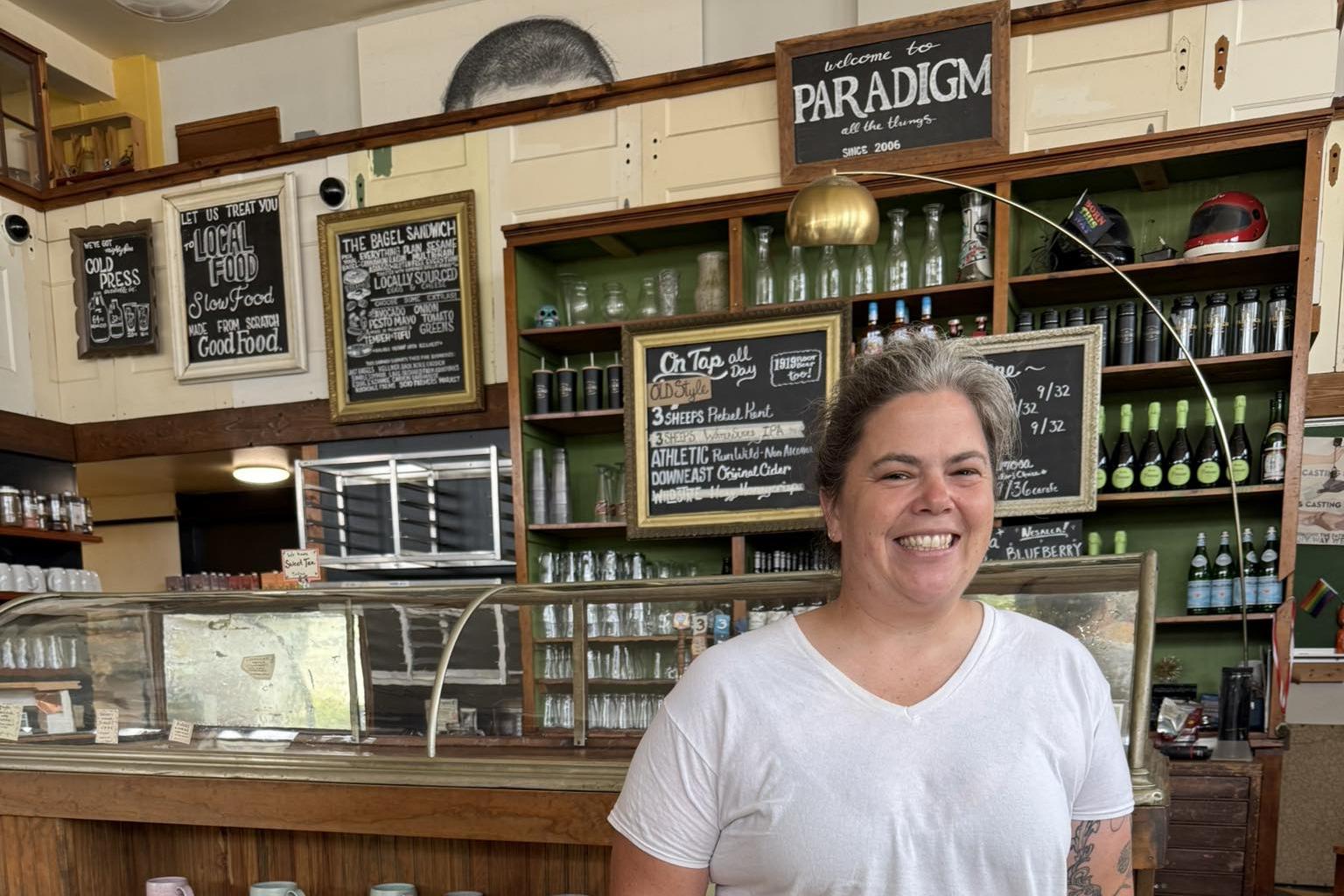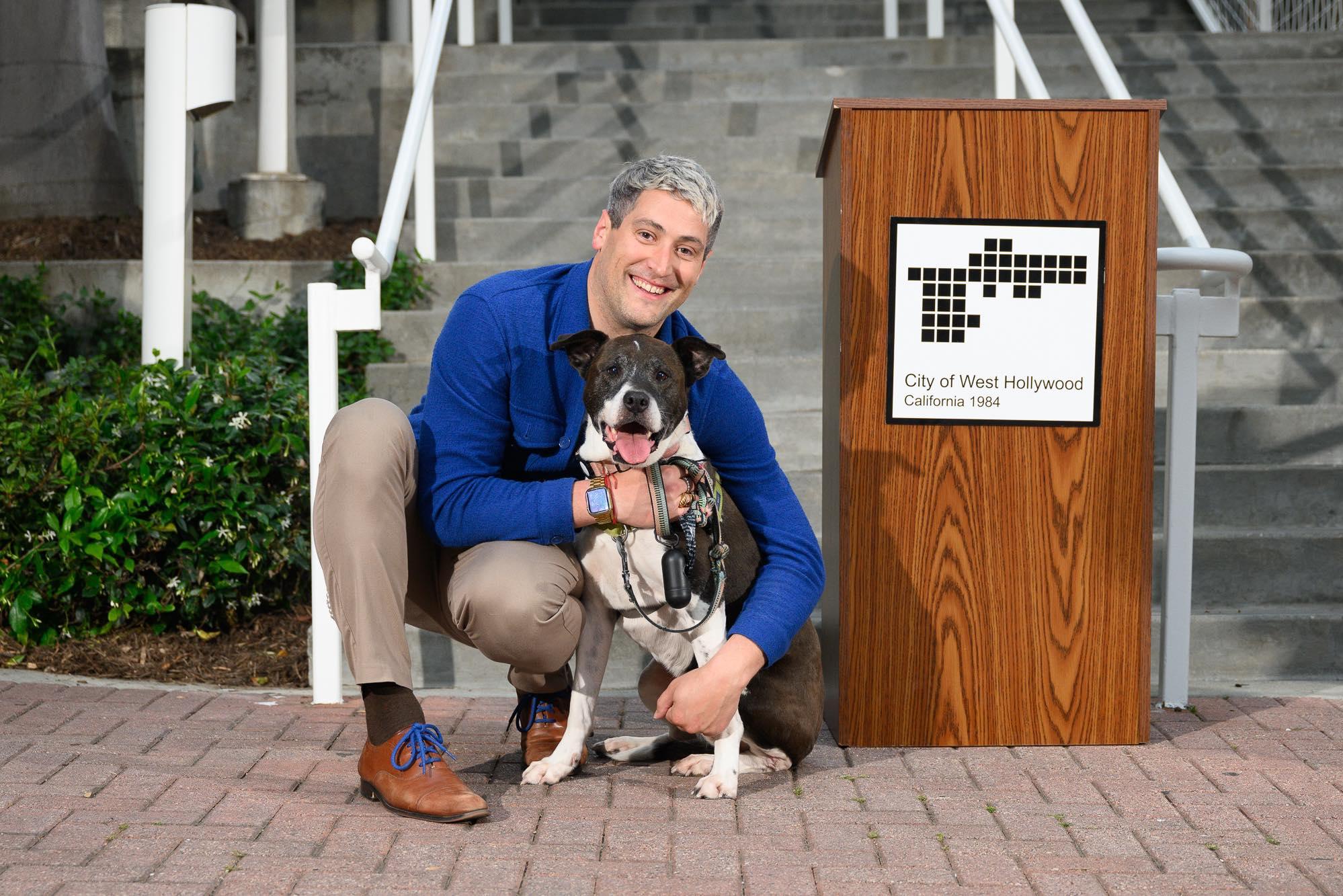
John Erickson: changing the world with powerful purpose

"Find the people you want to change the world with and never let them go."
John Erickson was born in Oshkosh in 1985 and spent his entire childhood in Ripon, Wisconsin (population: 7,500.) He describes his childhood as “idyllic,” with a lovely family, great friends, and a supportive community.
“Believe it or not, I really enjoyed growing up in a small town,” he said.
He has positive memories of Ripon High School. He was a “joiner” – involved in athletic and academic activities – and he also spent a lot of time at the local library. He learned public service at an early age, working with his grandmother at the Ripon Senior Center, where they distributed food baskets to families, played music in the Harmonica Rascals band, and hosted local community events.
“I was on the phone with my mother, and she was badgering me about bringing a girlfriend home,” he said. “And here I was, dating my first real boyfriend.”
“So I just said it: I’m not bringing home a girlfriend, Mom. I’m bringing home a boyfriend, and his name is Dan. She lost her cookies for a second.”
“I wasn’t stupid. I knew there might be consequences. But now, I had a job. I was away at school. I had my own grown-up life. I could take care of myself. And so, I decided to come out.”
“I don’t take oppression laying down,” said John. “When I came out to my family, my attitude was, ‘if you don't accept me for who I really am, I don't f*cking care.”
“You have to understand I was always fascinated with this idea that I was going to hell. I was an inquisitive child, to say the least, and all that inquisitiveness made itself known in my dissertation.”
Working for the City Council, John discovered the power of public policy. As a city that has been LGBTQ-operated since 1984, West Hollywood has served as a progressive model for the nation. City Council members serve for four-year elected terms, where one councilmember serves as Mayor. Rather than independently electing the mayor, the Council decides who will assume rotating mayoral duties year-by-year.
In 2024, John found himself nominated to serve as Mayor of West Hollywood.
After being re-elected to City Council for another four-year term, John is now pursuing an even higher office. He’s running for California State Senate representing District 24, which includes most of West Los Angeles, Santa Monica, Malibu, and more. The outcomes will be decided in the June 2026 elections.
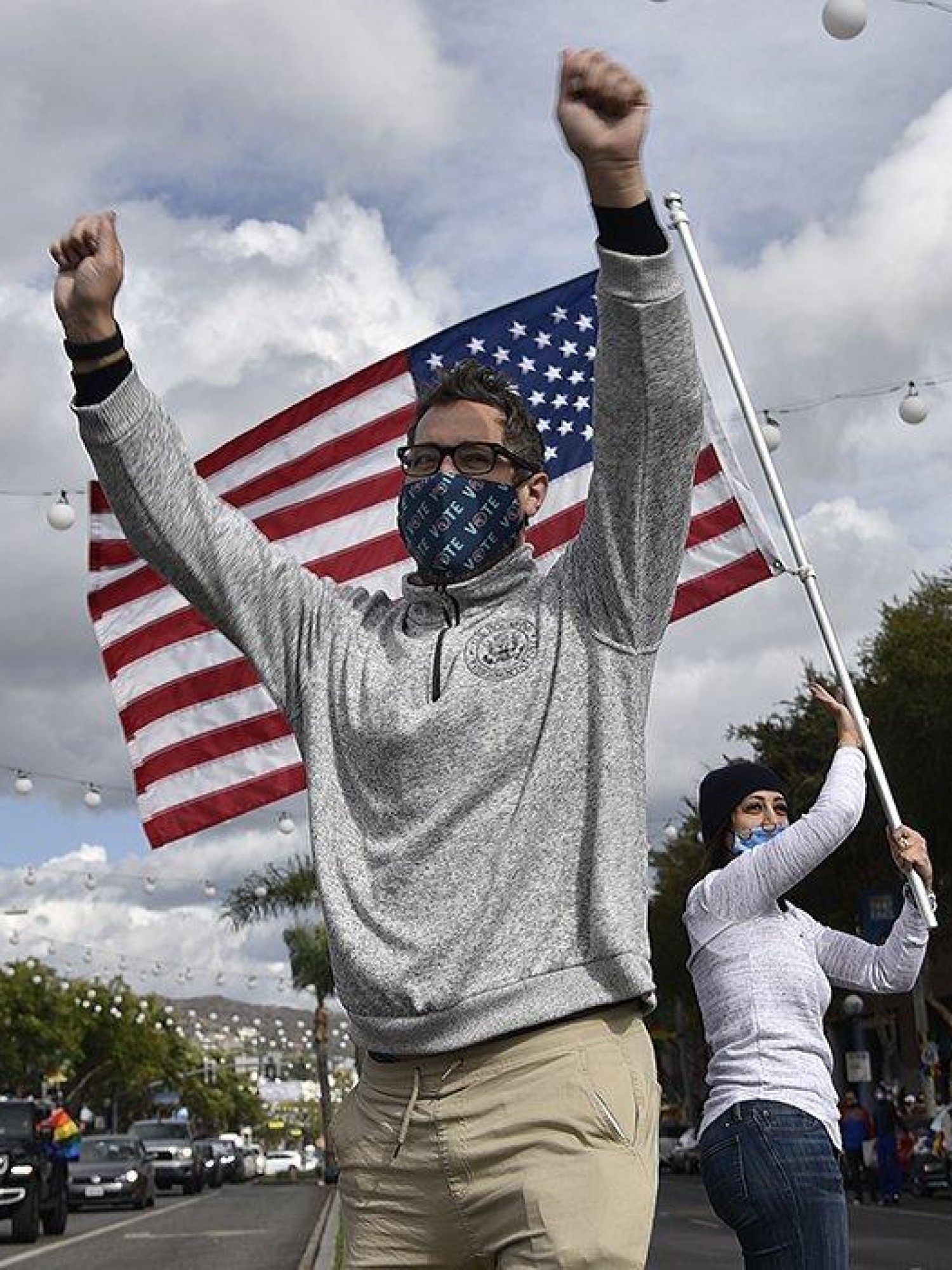
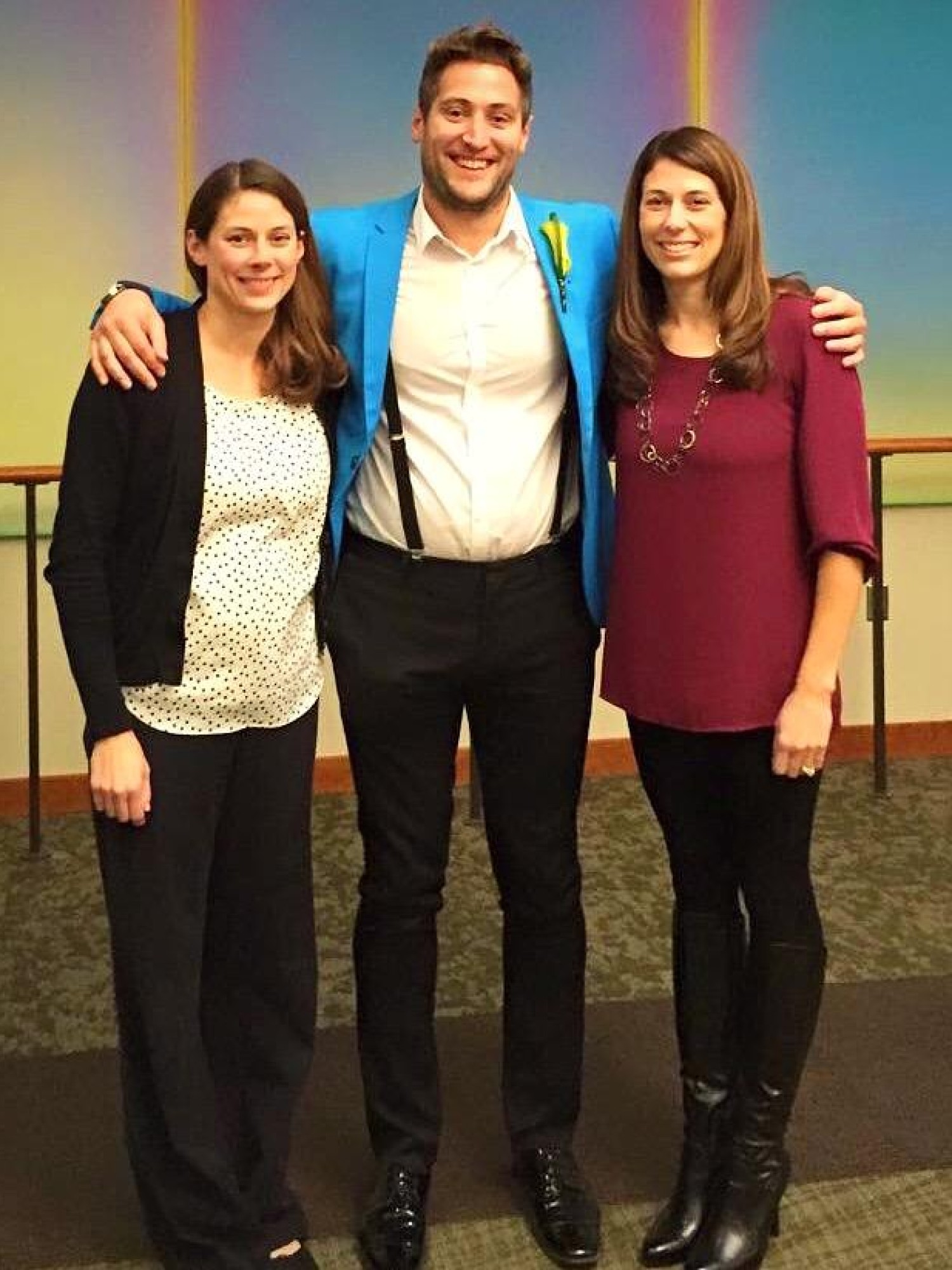
What motivates John to do more and be more?
“My grandmother taught me years ago in Ripon, Wisconsin to give yourself to the community. And here I am, standing at the front of the line, saying ‘I am here to help.’”
“It’s all about serving a greater purpose,” said John. “It’s an act of true faith. You must believe in yourself – that you are a person who can lead in a moment of need. When I look back to that young kid I was in Ripon, I tell myself you can do this. You can do anything. I do this for my nieces and nephews. I want them to know they can be whatever they want to be if they work hard.”
John now recognizes that he was growing up at a time when the world was changing quickly -- but not quickly enough.
“While social media has helped some people stay in their silos, it’s also helped yesterday’s outsiders find and connect with their communities,” he said. “It’s helped kids realize that they can be who they are and still achieve incredible things. I’m seeing that come to life in Ripon and other small towns throughout Wisconsin.”
In 2024, John was named Distinguished Alumni of the Year by the Ripon Social Justice Alliance, a student-led group that hosts the annual Ripon Pride Rally.
“I never thought that Ripon would have its own pride festival in a million years,” said John. “I never would have seen that coming. Today, the LGBTQ Alliance is the second most powerful group at Ripon High School (next to Future Farmers of America.). I’m glad to see the next generation picking up the slack and really moving things forward. And that’s incredible, because it shows that progress can happen anywhere – even in the smallest of towns, even in the birthplace of the Republican Party.”
“I’ve always loved my hometown, to say the least,” said John. “I’m currently working on a novel based in a very Ripon-like small town. And I still have family in Ripon.”
“I’ve always tried to give back to Ripon,” he said, “even if it’s just mentoring and coaching kids to be their best selves. Look at me: I came from Ripon and look what I’ve been able to achieve. You can and will do this too.”
What advice would John give to his 14-year-old self?
“Figure out your purpose and then fight like hell for it. Find the people you want to change the world with and never let them go. When you find a community that’s worth fighting for, the possibilities are endless. And never, ever stop dreaming.”
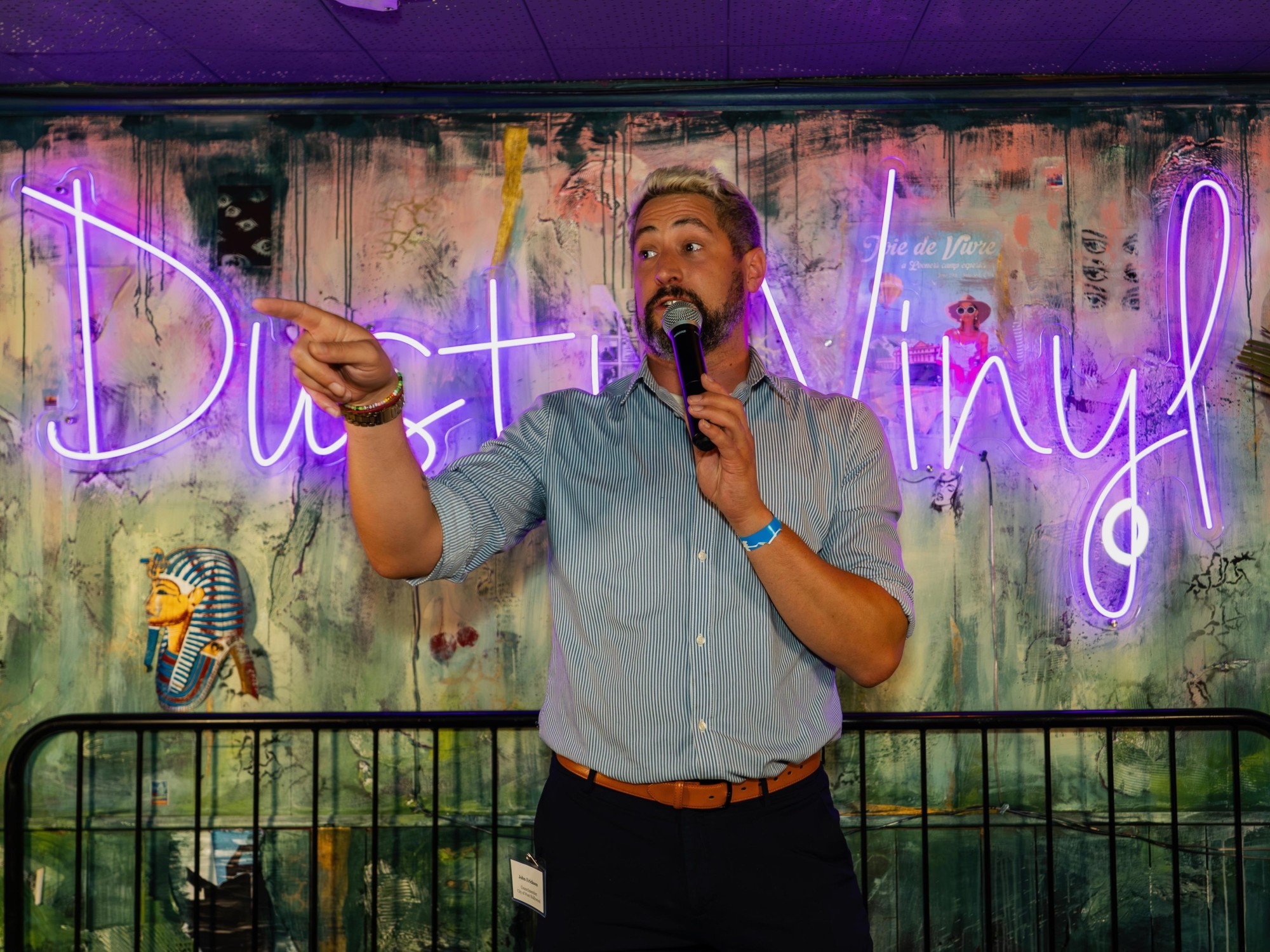
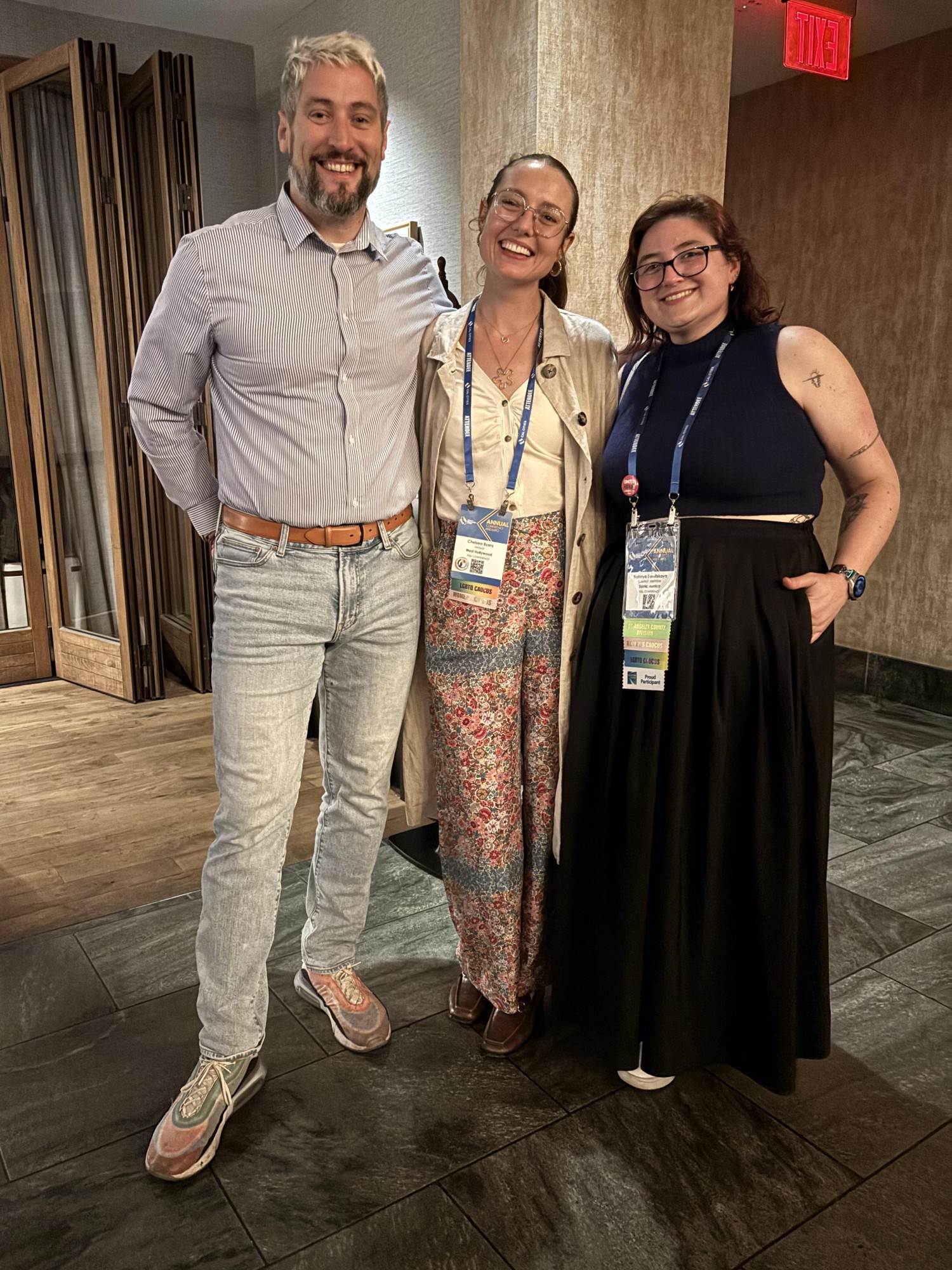
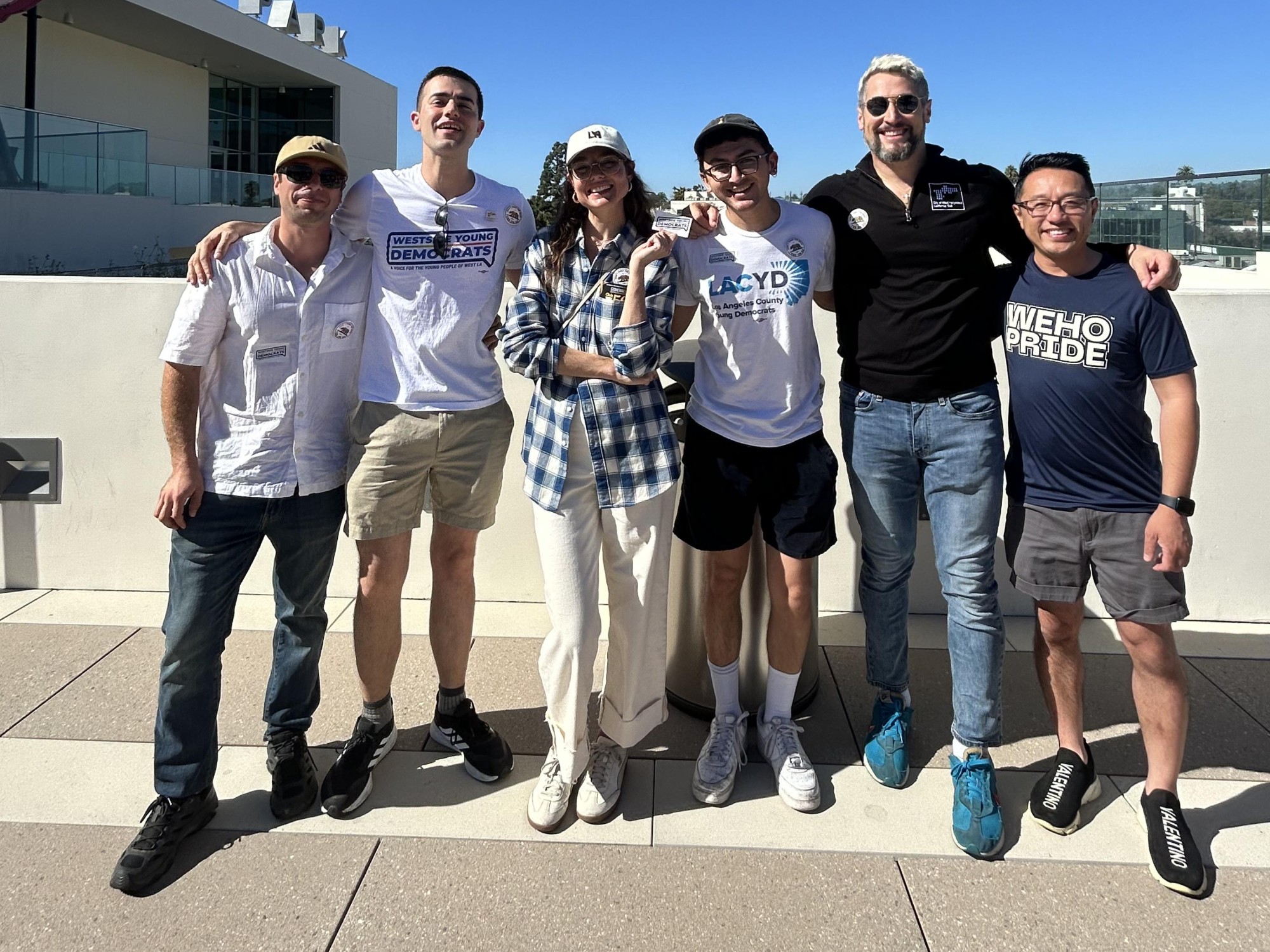
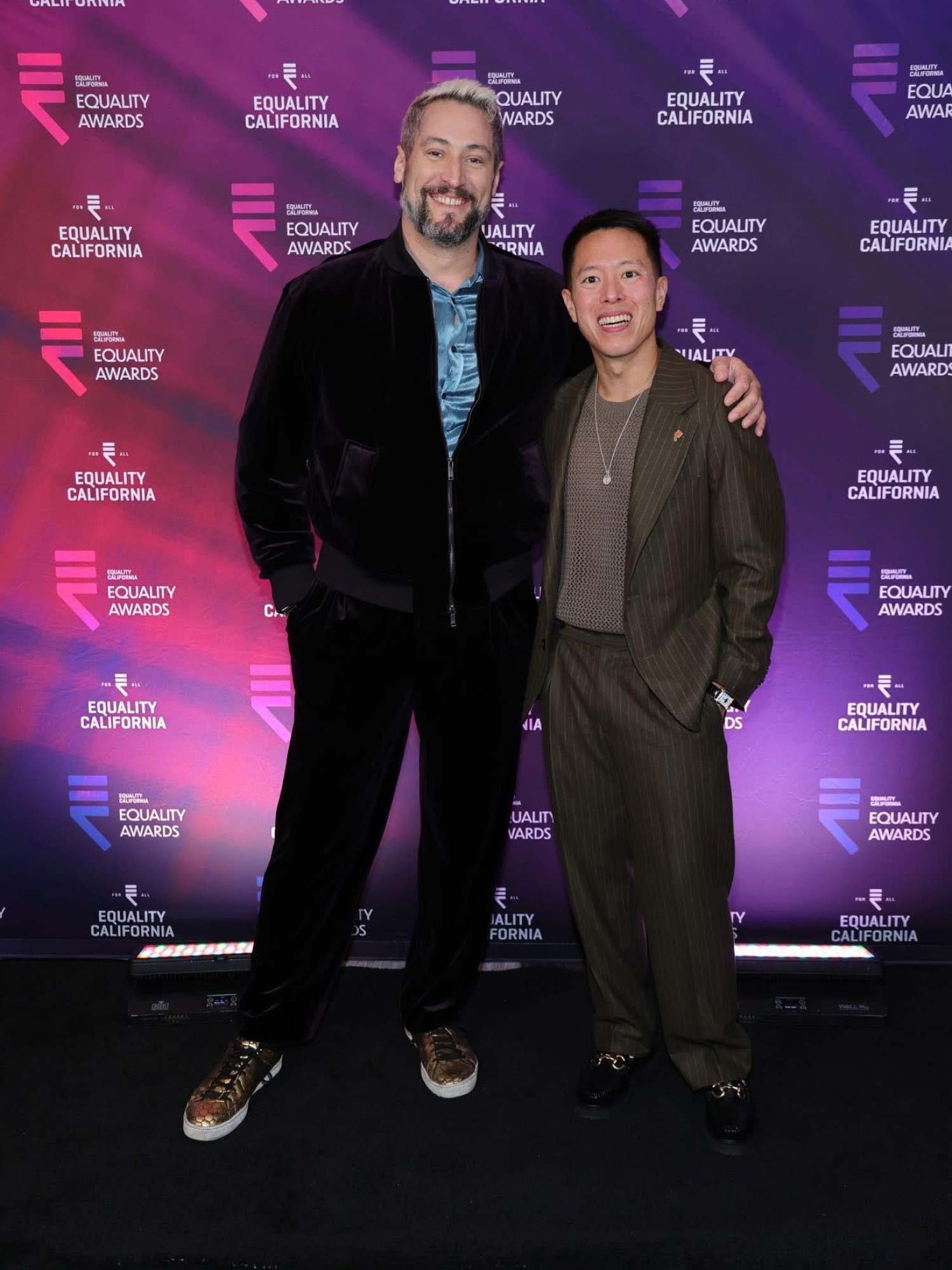
recent blog posts
January 17, 2026 | Garth Zimmermann
January 16, 2026 | Michail Takach
January 10, 2026 | Michail Takach
The concept for this web site was envisioned by Don Schwamb in 2003, and over the next 15 years, he was the sole researcher, programmer and primary contributor, bearing all costs for hosting the web site personally.
